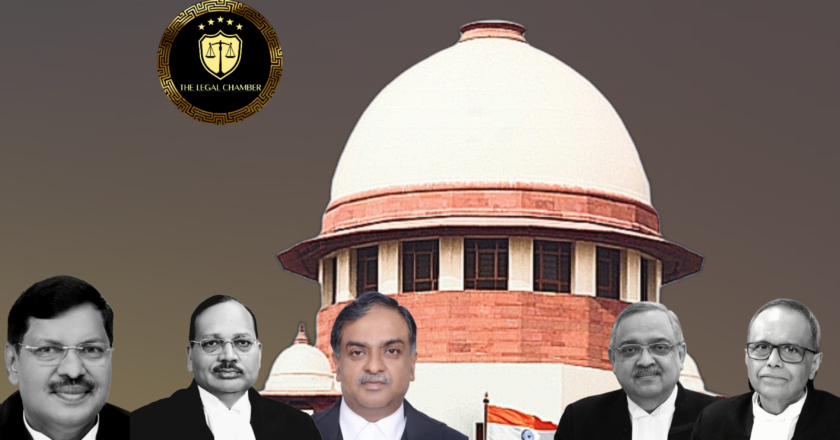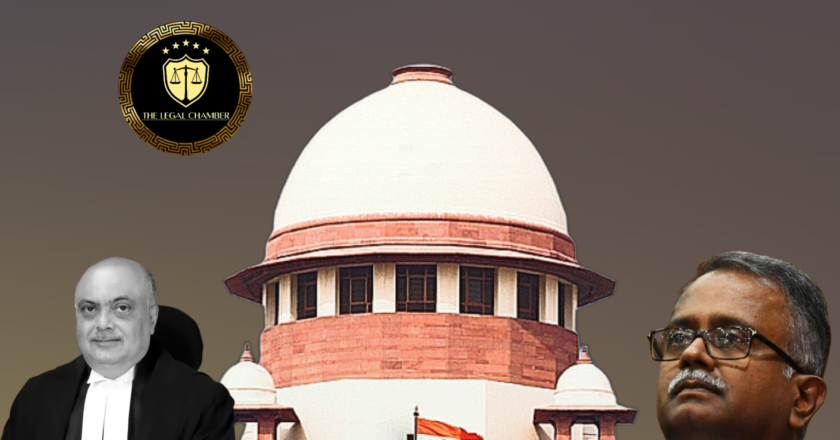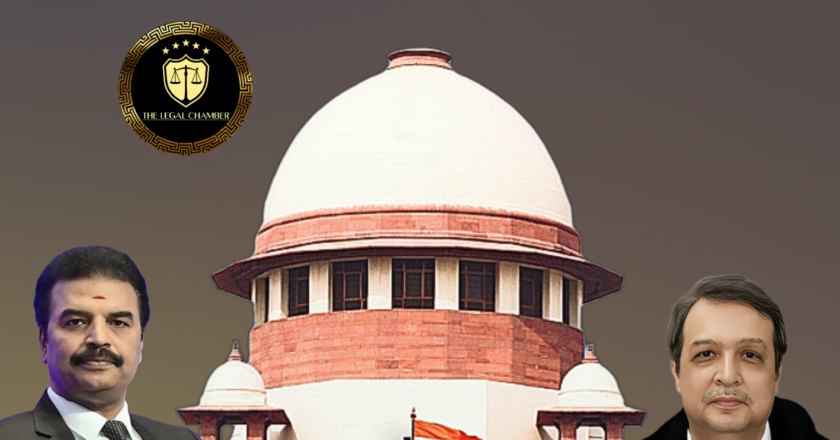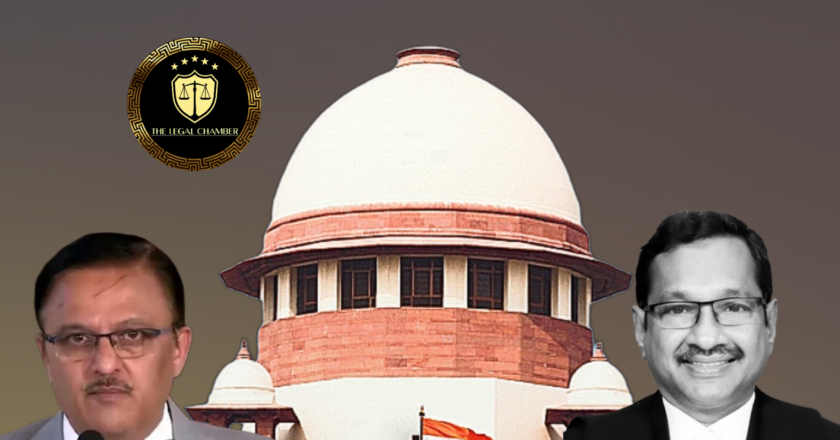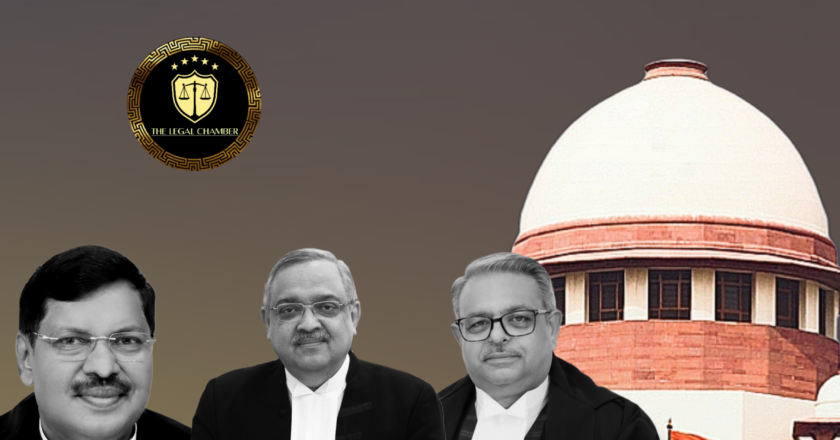Direct Recruits vs. Promotees: Supreme Court Lays Down Seniority Rules for Higher Judiciary
The Supreme Court, exercising its powers under Article 142, upheld the principle that upon entry into the Higher Judicial Service, officers from different recruitment sources lose their "birthmark." It mandated a uniform 4-point annual roster system for determining seniority, based on merit-cum-seniority within the cadre, and rejected preferential treatment based on prior service in lower judicial ranks.
Facts Of The Case:
The case originated from an interlocutory application filed in the long-pending All India Judges Association writ petition. The application, brought by the Amicus Curiae, highlighted a recurring dispute regarding the criteria for determining inter se seniority among three categories of officers within the Higher Judicial Services (HJS): Regular Promotees (RPs), those p...
